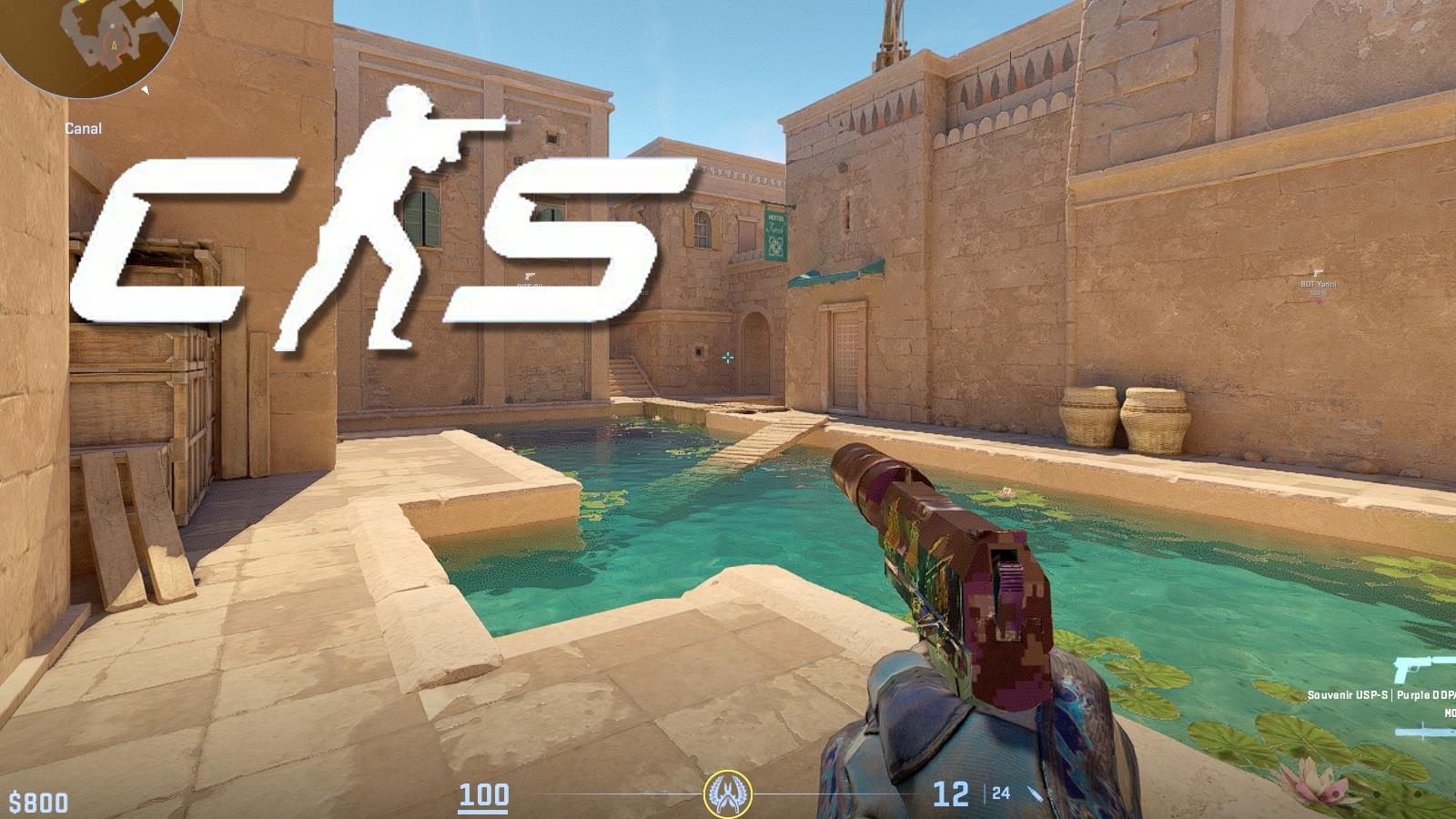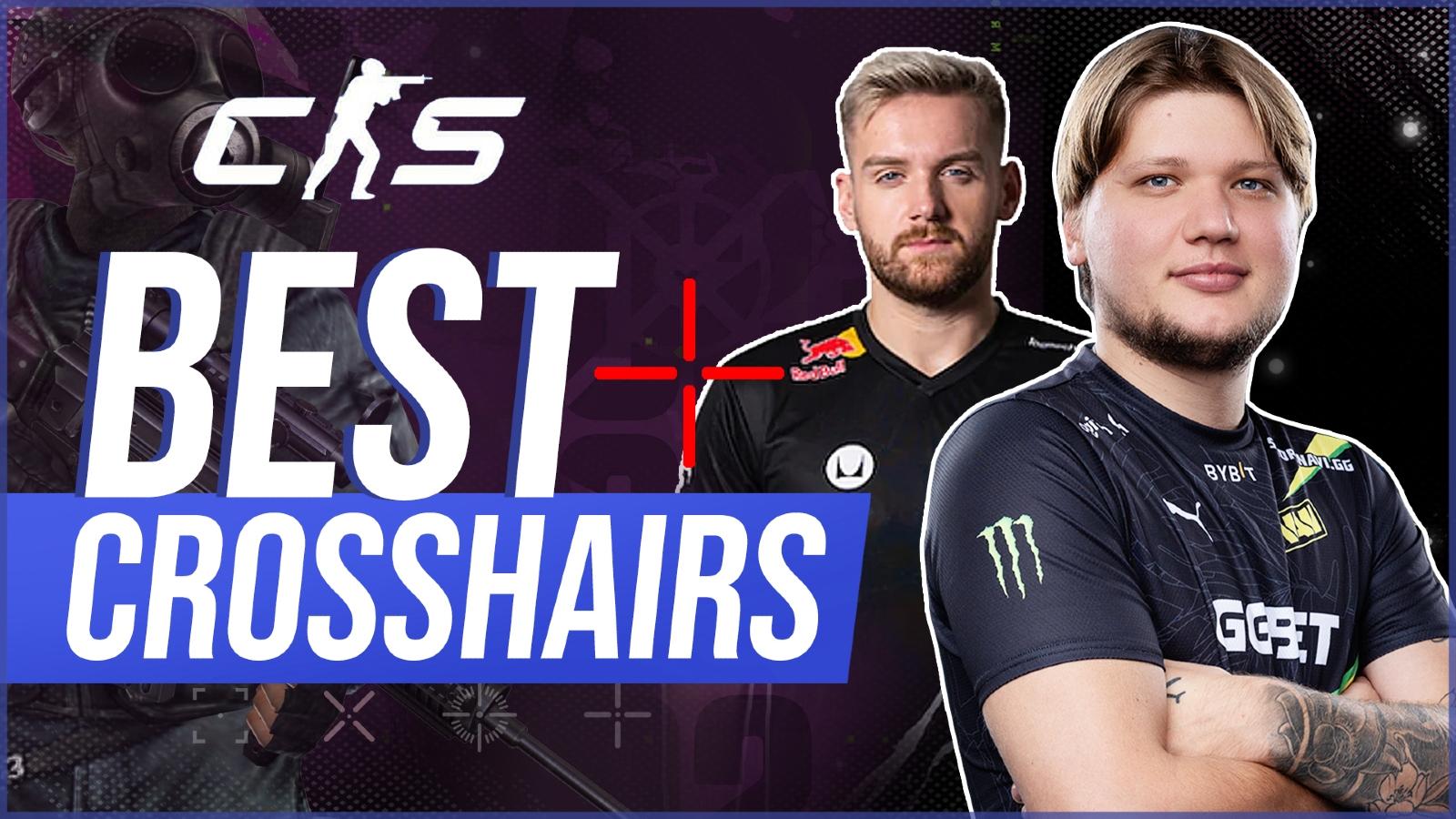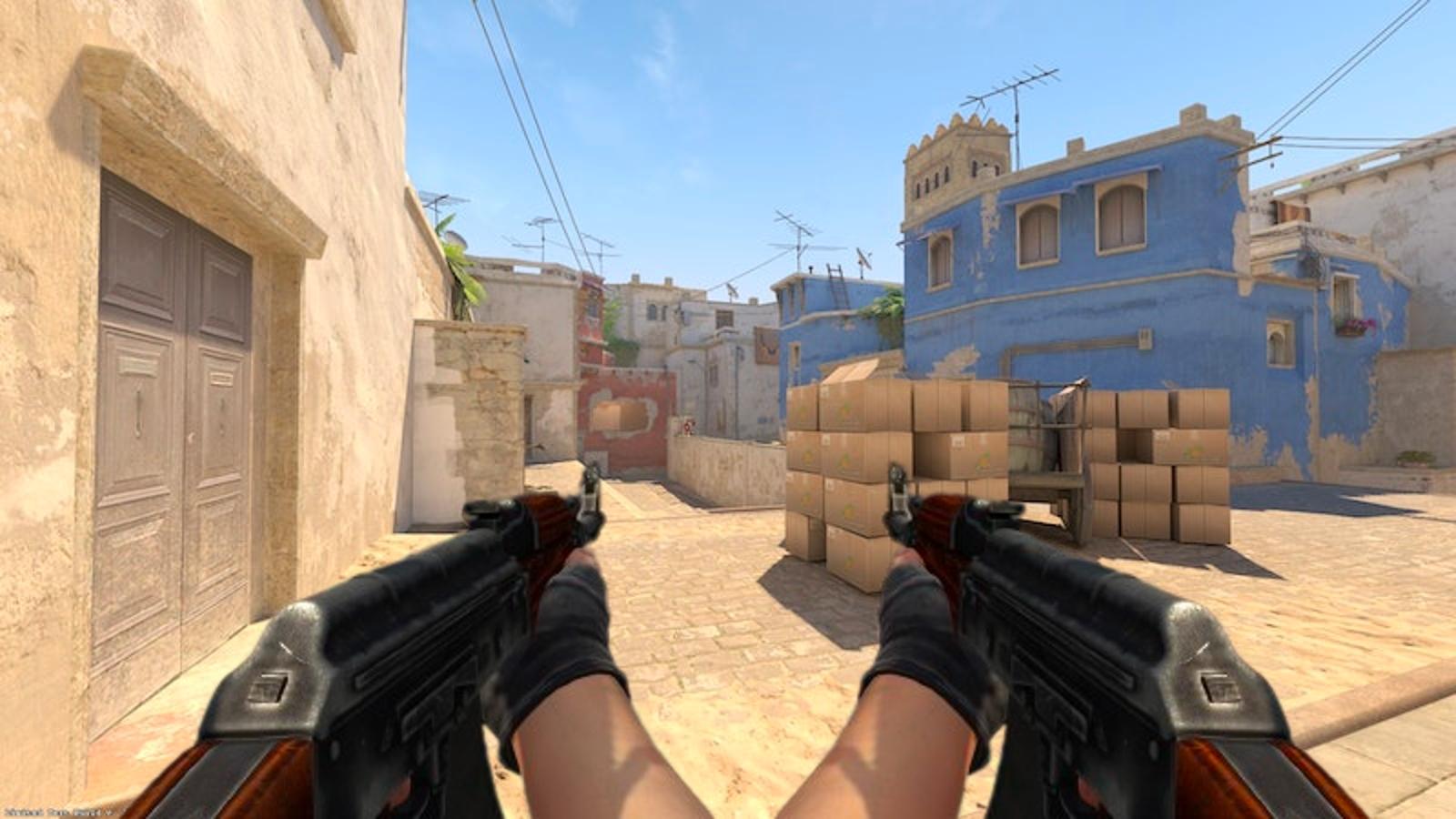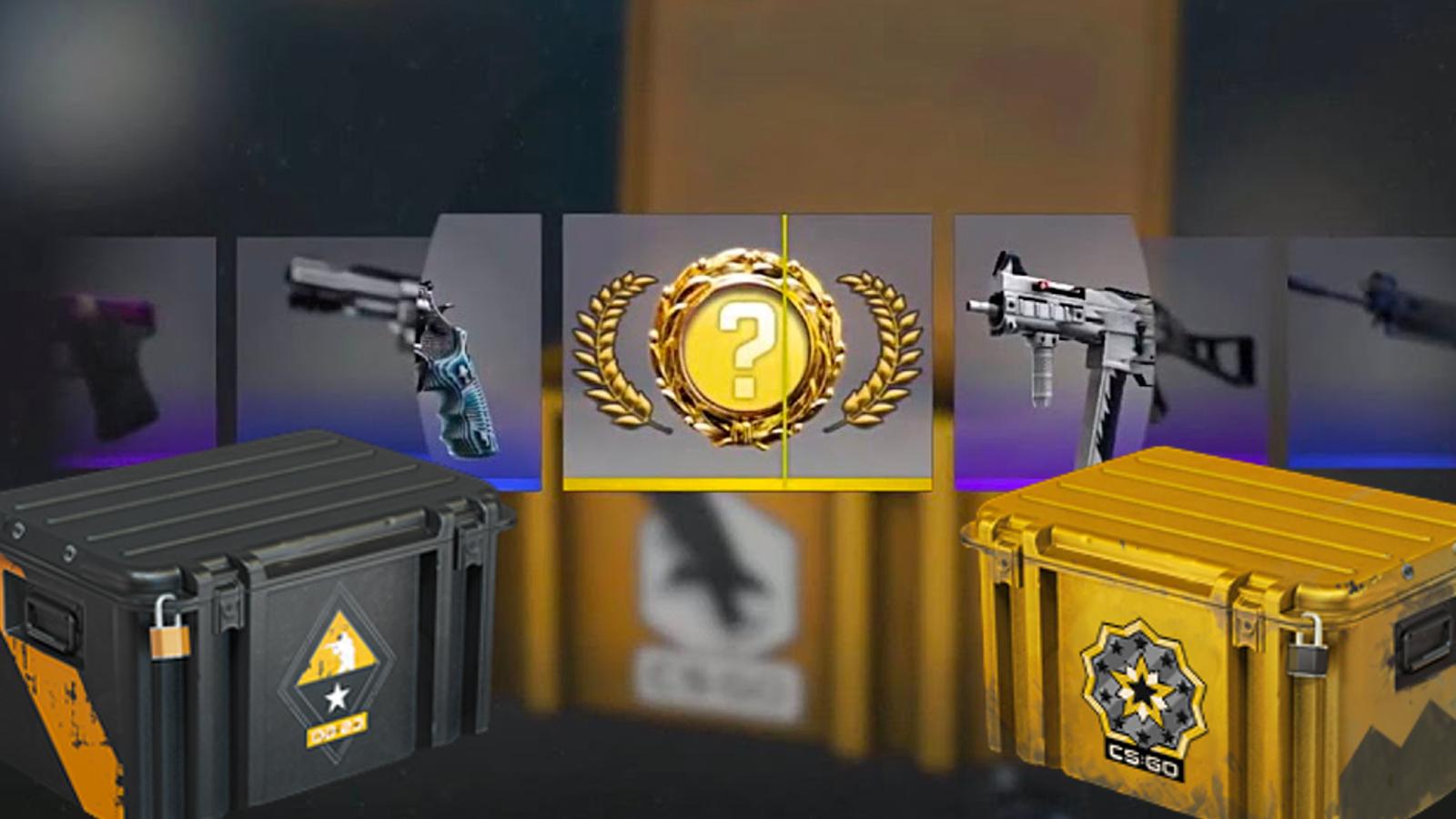Esports in times of war: How NAVI are navigating Russia-Ukraine conflict
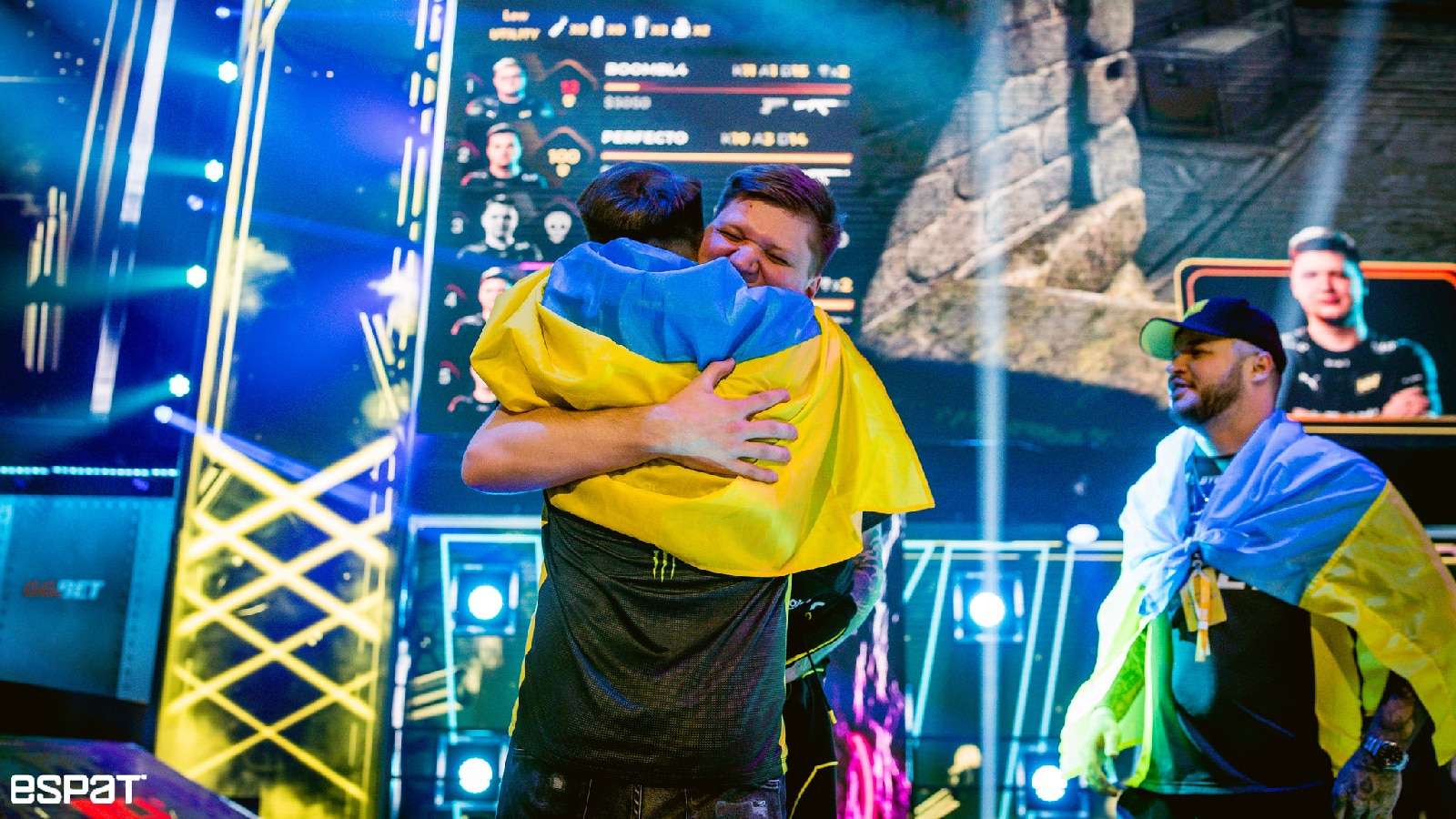 João Ferreira/ESPAT
João Ferreira/ESPATAleksey ‘xaoc’ Kucherov, NAVI’s Chief Operating Officer (COO), spoke to Dexerto about the steps the organization has taken to continue operating amid Ukraine’s conflict with Russia.
NAVI’s last tweet on February 23 was a Dota2 meme with the head of Squee, one of the three characters that make up the hero known as Techies, photoshopped onto Sonic’s body in a scene from the 2020 film Sonic the Hedgehog. The tweet came out 20 minutes after Valve had released gameplay patch 7.31, featuring a major rework of the polarizing hero. At the time, the possibility of an imminent war seemed to many like a remote scenario.
The following day, as explosions began to echo around Ukraine, NAVI’s tone on social media changed drastically, the memes and the feel-good posts giving way to condemnations of Russia’s invasion and calls for a peaceful resolution to the conflict.
https://t.co/iNiwMXrC81 pic.twitter.com/JaOa6JQxEA
— NAVI (@natusvincere) February 24, 2022
Since then, NAVI, a Kyiv-based organization, have mostly used their social media platforms to raise awareness and support for Ukraine. The only video uploaded on their YouTube channel in the last two weeks was a collection of statements from Ukrainian esports figures calling for peace and unity.
For an organization the size of NAVI, with approximately 170 employees, between management, operational staff, and players, the work never stops, even during these times of war. Many of the company’s Kyiv employees have since moved to other areas, but some still remain in the capital, a city on edge as Russian troops continue to press deep into the country.
NAVI have two main areas of focus at the moment: making sure that the company can operate, and helping those in Ukraine in every possible way – which includes providing assistance with resettlement, helping with donations, and showing to the world what is happening in the country.
With some employees still seeking refuge in shelters and others having joined Ukraine’s Territorial Defense Forces (including NAVI founder Alexander ‘ZeroGravity’ Kokhanovskyy), those available have their hands full.
“A lot has changed, so everyone who can work has other tasks,” NAVI COO Aleksey ‘xaoc’ Kucherov tells Dexerto.
Xaoc, a former Counter-Strike professional player who worked for HellRaisers and Heroic prior to joining NAVI in 2020, left Ukraine with his family a few days before the start of the invasion, “just in case”.
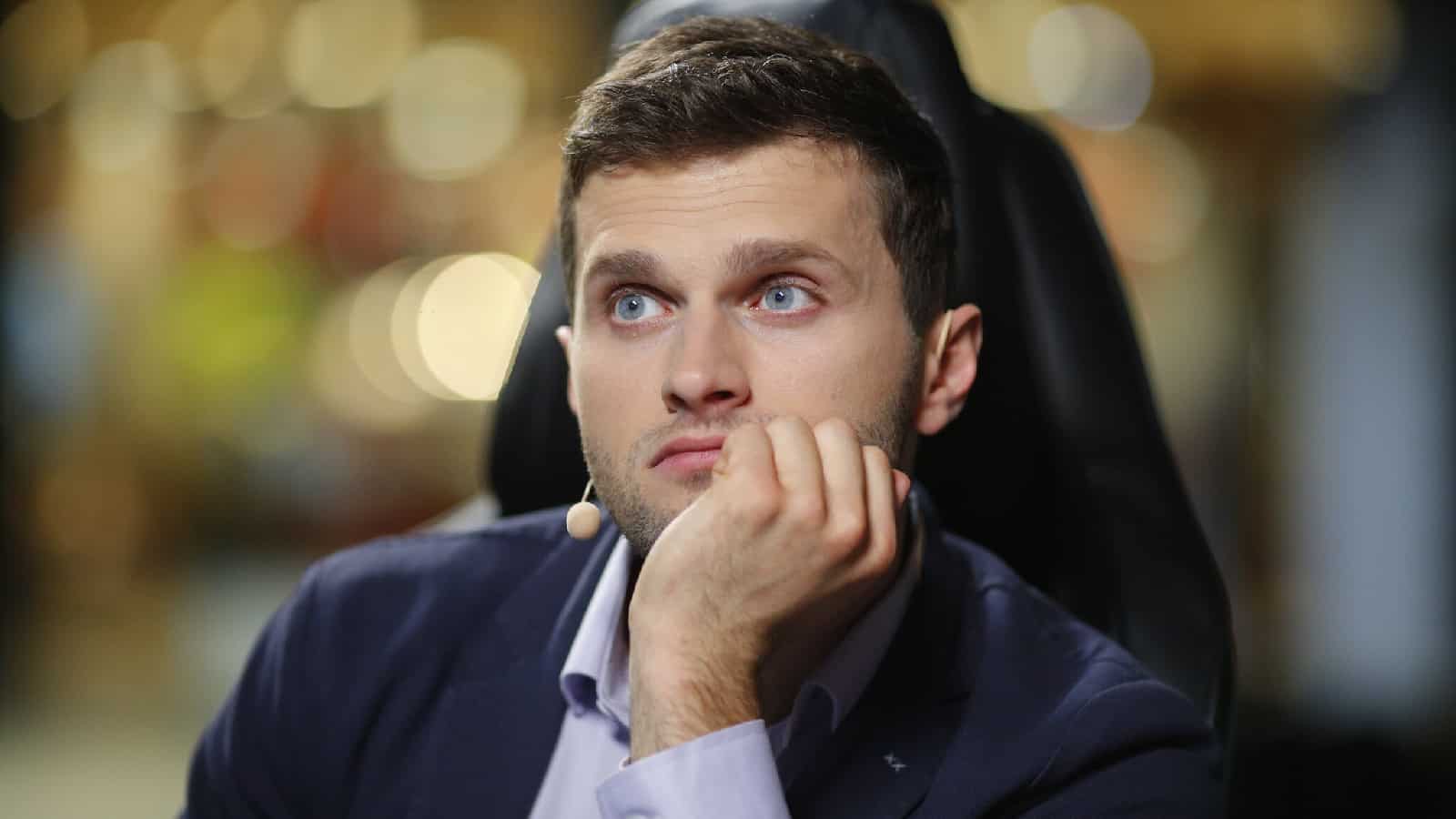 StarLadder
StarLadderAlong with members of the finance and legal teams in NAVI, he has relocated to another country — a decision that safeguards the company’s interests in the event the war continues to escalate.
“Without that, it would be even harder for employees,” he explains. “The risk had to be reduced.”
Helping the CS:GO players
NAVI’s CS:GO team learned about the invasion while in Poland competing at IEM Katowice, one of the biggest and most prestigious events on the calendar.
On February 25, an emotional and distraught Aleksandr ‘s1mple’ Kostyliev delivered a powerful message of peace as he stepped onto the stage at the Spodek Arena. The Ukrainian superstar, who lives in Kyiv, spoke about all the friends he has made in his career and how esports players have nothing to do with government decisions.
♥️ @s1mpleO#IEM pic.twitter.com/nQjH576Cqa
— ESL Counter-Strike (@ESLCS) February 25, 2022
He made sure to mention that he has Russian teammates and that they remain a tight-knit group through these difficult times. The speech, watched over 3 million times on Twitter alone as of March 10, perfectly encapsulated that special quality about s1mple that is reserved for the all-time greats, those global icons who transcend the game they play.
After the event came to an end, the team traveled in different directions, with s1mple, Valeriy ‘b1t’ Vakhovskiy and team coach Andrey ‘B1ad3’ Gorodenskiy remaining in Poland, while the Russian trio of Kirill ‘Boombl4’ Mikhailov, Ilya ‘Perfecto’ Zalutskiy and Denis ‘electronic’ Sharipov returned home.
“We are thinking about how best to proceed,” xaoc says. “We hope that the Russians will still be able to leave the country in the near future. Flights are being canceled, and it is getting incredibly harder to let people out at the border. The situation with visas, whether new ones will be issued, is not very clear.
“The first few days, the team was in complete shock, but now they have started to realize that there are no other options.”
S1mple, who is staying at the Kinguin Esports Performance Center in Warsaw, has opened up about the mental and emotional toll that the war and the distance from his family and friends have taken on him.
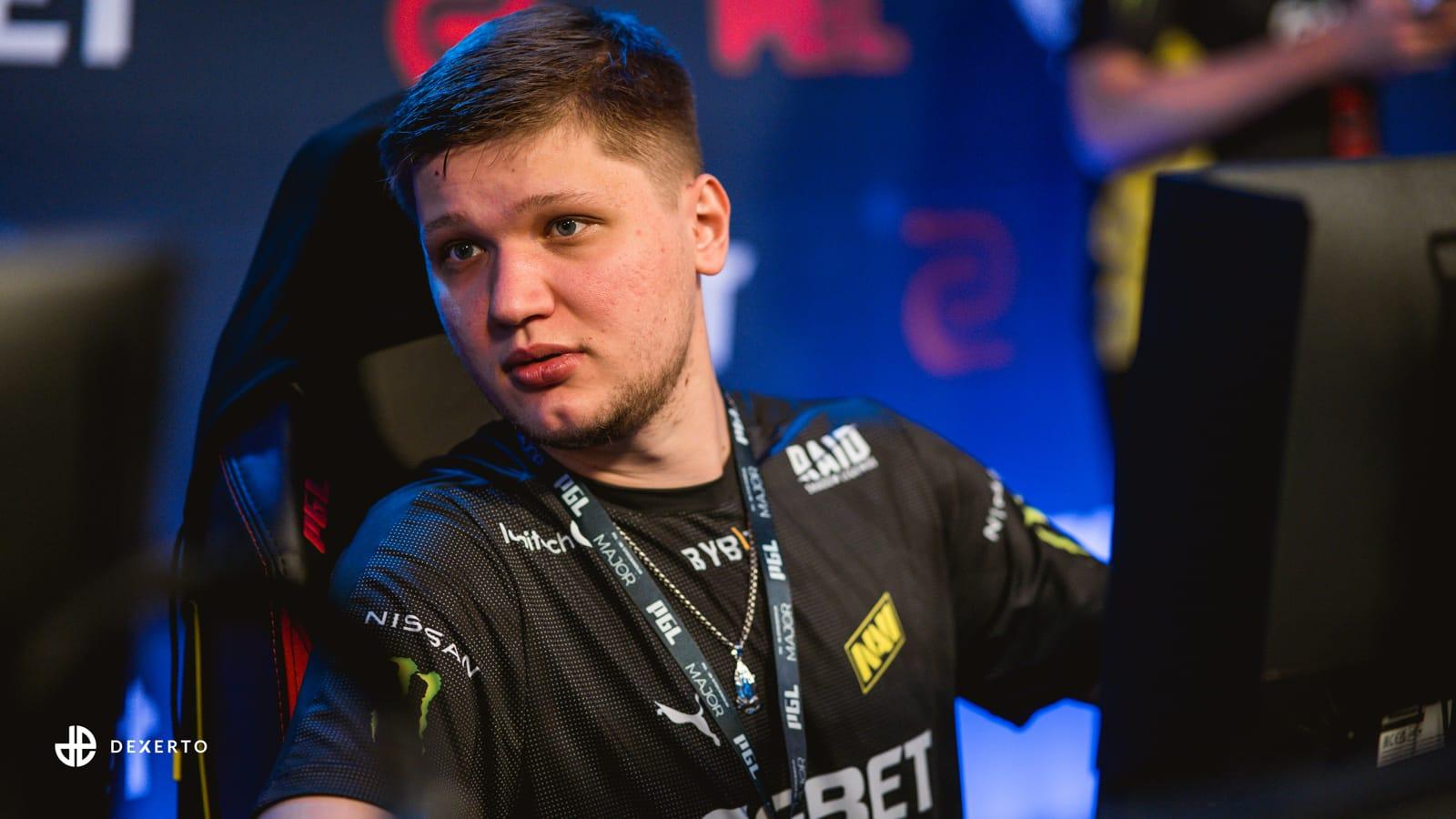
In a recent stream from his room, he revealed that he had missed his mother’s birthday because of the conflict and that she had had to celebrate the occasion with the lights out for fear that her house might be shelled. He also confessed that he hasn’t felt like playing the game of late.
“We’re trying to help their relatives because it is impossible to do anything when they are in such danger,” xaoc said of the support being provided to the team’s Ukrainians.
“We are dealing with their future place of residence, traveling, and visas. A lot of things change every day.”
But it’s not just the Ukrainians in NAVI’s ranks who are in need of assistance. According to xaoc, some of the organization’s Russian players “are trying to escape the country while they still can”, fearful of what might come next as the conflict drags on and can take many new forms.
“They think about changing citizenship if possible because they already understand what awaits them in the near future,” he says.
Impact on Ukrainian esports
Two weeks on from the start of Russia’s full-scale invasion, the war continues to threaten much of Ukraine, permeating every aspect of its society. After years of sustained growth in multiple areas, Ukrainian esports are now forced to adjust to a new reality: that things won’t be quite the same for a long time.
On March 2, Ukrainian organization HellRaisers, founded in 2014, announced that they were putting their operations on hold for the entirety of the conflict. Twenty-four-year-old Viktor ‘sdy’ Orudzhev, who plays for CS:GO team MAD Lions, has joined the civil guard in Kostopil after relocating from Kyiv to the small town located in northwest Ukraine.
— HellRaisers (@HELLRAISERSgg) March 2, 2022
Employees at WePlay Esports, a Kyiv-based tournament organizer, have been working remotely since February 24, and while the company has vowed to “continue all our legal and financial duties for ourselves and our partners”, questions remain about the future of its CS:GO academy league.
The tournament’s LAN component, one of its most valuable aspects as it gives young players much-needed stage experience, was already absent from Season 3 in early February due to concerns over the geopolitical situation in Ukraine.
Xaoc believes that the impact on the country’s esports scene will largely depend on the duration of the war. NAVI, who will discuss the possibility of moving the organization’s headquarters from Kyiv to a different location “in the near future”, have had to put some projects on hold until some clarity about the future is achieved.
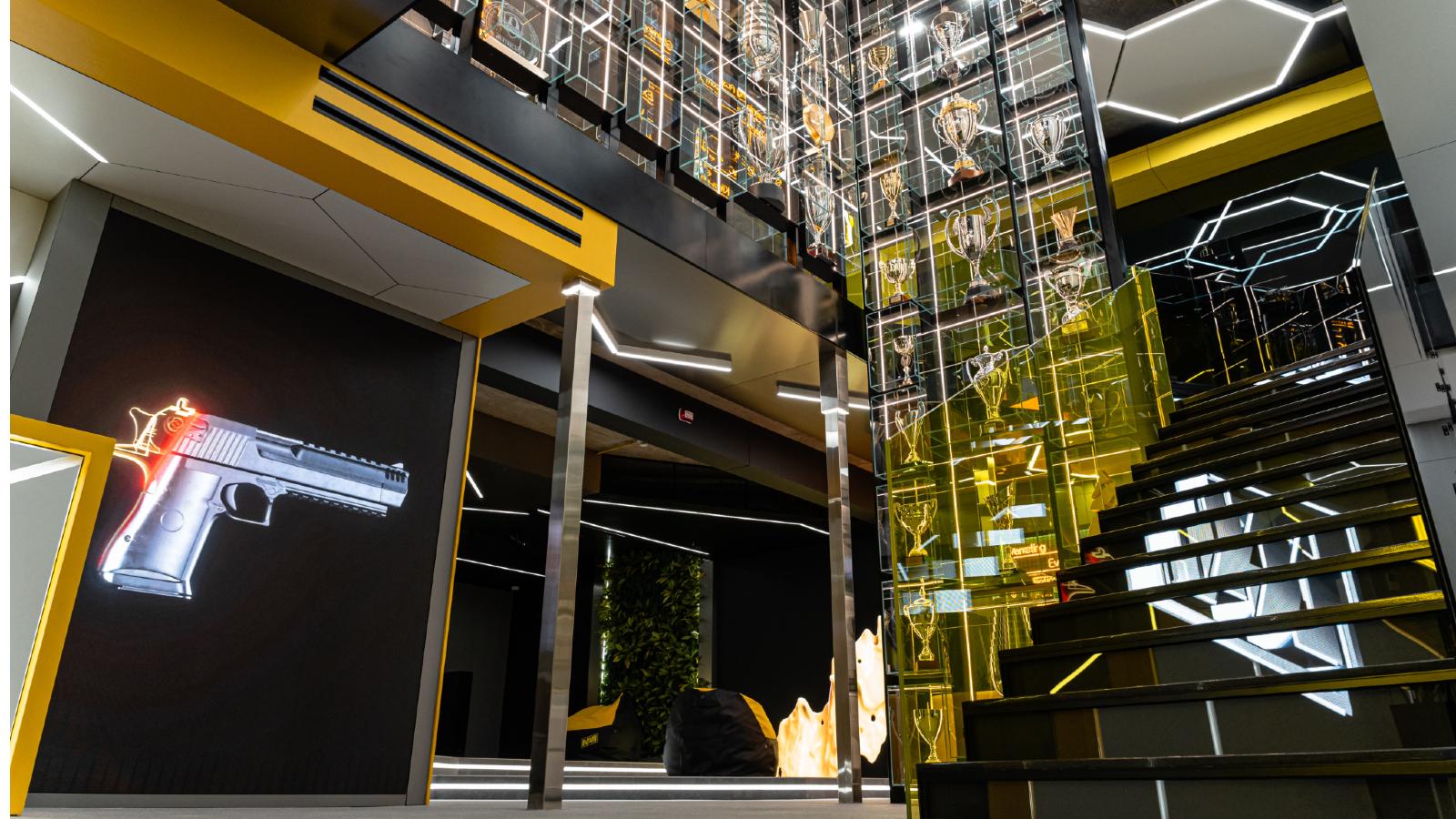 NAVI
NAVI“Many partners understand everything and support us, for which we are very grateful,” xaoc says. “They know our approach to cooperation and are confident that everything will be fine in the future.”
For several days, NAVI’s social media accounts have been silent, but in the background, there is a frenzy of activity to get the company back to normal – whatever normal means in these dark times in which the lives of millions have been torn apart.
On the agenda is trying to get the CS:GO team’s Russian players to Germany for ESL Pro League 15. If they are able to make the trip — NAVI are confident they will —, it will be another opportunity for esports to send out a message of unity and coexistence. And for the team to give their loyal supporters, particularly those in Ukraine, a reason to smile.
“We would like to thank our fans for their support during these times,” xaoc said. “For their active stance and understanding.”
